


ResulEvis
Forum Replies Created
While cats and dogs require protein in their diets, it is important not to overfeed them. Excess protein consumption can lead to health problems such as kidney damage in cats and excessive weight gain in dogs. Consulting with a veterinarian or animal nutritionist can help ensure that your pet’s diet is balanced and appropriate for their specific needs.
The best sources of protein for cats and dogs are animal-based proteins like chicken, turkey, beef, fish, and lamb. These proteins are considered complete proteins because they contain all of the essential amino acids that your pet needs for optimal health. Other sources of protein, such as plant-based proteins like soy and corn, are incomplete and do not provide all of the essential amino acids. Additionally, animal-based proteins are more easily digestible for cats and dogs compared to plant-based proteins.
It is important to choose high-quality sources of protein for your pet’s diet. This means selecting proteins that are fresh, lean, and free from additives and fillers. Feeding your pet a balanced and nutritious diet that includes high-quality sources of protein can help support their overall health and well-being.
The best sources of fat for cats and dogs are animal-based fats like chicken fat, fish oil, and beef fat. These fats are important sources of essential fatty acids like omega-3 and omega-6, which are crucial for maintaining healthy skin, coat, and joints. However, it is important to choose high-quality sources of fat and to avoid feeding your pet excessive amounts of fat, which can lead to health problems like obesity.
In addition to providing the right amount of fat in their diet, it is important to ensure that your pet’s diet is balanced and contains all of the essential nutrients they need. Consulting with a veterinarian or animal nutritionist can help ensure that your pet’s diet is appropriate for their specific needs and that they are getting all of the essential nutrients they need to thrive.
Cats and dogs require different amounts of fat in their diets. Cats need a higher proportion of fat in their diet than dogs do. A cat’s diet should consist of around 15-25% fat on a dry matter basis. Dogs, on the other hand, require around 10-15% fat on a dry matter basis in their diet. However, the exact amount of fat that a cat or dog needs in their diet will depend on several factors such as their age, weight, activity level, and overall health. It is essential to consult with a veterinarian or animal nutritionist to determine the right amount of fat for your pet’s specific needs and to ensure that their diet is balanced and nutritious.
Finally, it is worth noting that certain fats like trans fats and saturated fats should be avoided in your pet’s diet as they can lead to health problems like heart disease and obesity. It is important to read pet food labels carefully and choose products that are high-quality, balanced, and contain healthy sources of fat.
The best sources of fat for cats and dogs are animal-based fats like chicken fat, fish oil, and beef fat. These fats are important sources of essential fatty acids like omega-3 and omega-6, which are crucial for maintaining healthy skin, coat, and joints. However, it is important to choose high-quality sources of fat and to avoid feeding your pet excessive amounts of fat, which can lead to health problems like obesity.
In addition to animal-based fats, other sources of fat for cats and dogs include plant-based oils like flaxseed oil, canola oil, and sunflower oil. However, it is important to note that plant-based fats may not be as easily digestible or as beneficial for your pet’s health as animal-based fats. Again, it is important to consult with a veterinarian or animal nutritionist to determine the best sources and amounts of fat for your pet’s specific needs and to ensure that their diet is balanced and nutritious.
The amount of fiber that cats and dogs need in their diets can vary depending on their individual health and nutritional needs. Generally, dogs require about 2-4% fiber in their diet, while cats require slightly more at around 3-5%. However, some dogs and cats may require higher or lower amounts of fiber depending on their specific health conditions, such as digestive issues or diabetes.
However, it is important to note that too much fiber can also be problematic for pets, leading to diarrhea, bloating, and other digestive issues. It is important to consult with a veterinarian or animal nutritionist to determine the appropriate amount and sources of fiber for your pet’s specific needs and to ensure that their diet is balanced and nutritious.
– Vitamin A: essential for eye health and immune system function
– Calcium: essential for strong bones and teeth
– Selenium: acts as an antioxidant and supports immune system function



Cats and dogs require different amounts of protein in their diets. Cats are obligate carnivores and need a higher proportion of protein in their diet than dogs do. A cat’s diet should consist of around 25-35% protein on a dry matter basis. Dogs, on the other hand, require around 18-25% protein on a dry matter basis in their diet. However, the exact amount of protein that a cat or dog needs in their diet will depend on several factors such as their age, weight, activity level, and overall health. It is essential to consult with a veterinarian or animal nutritionist to determine the right amount of protein for your pet’s specific needs and to ensure that their diet is balanced and nutritious.